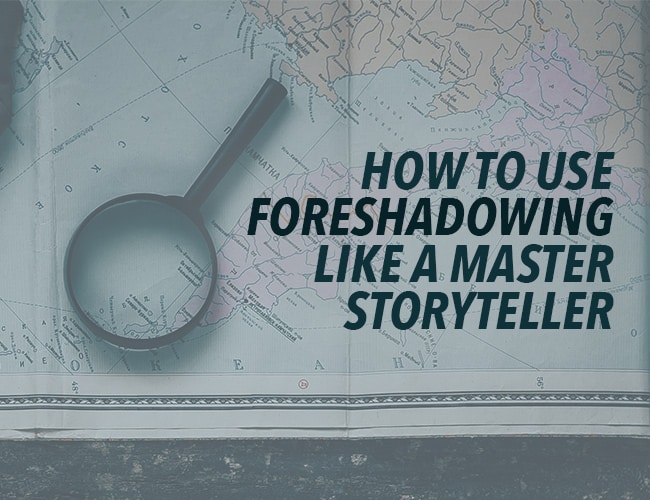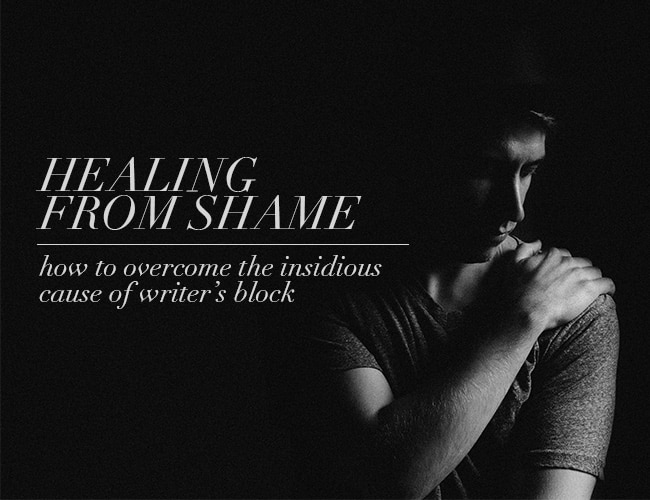Foreshadowing is a task writers have to approach with the same careful precision they use when threading a needle. It’s not always easy, but when done right, you’re in business. Hinting at a future revelation is necessary for authors of mystery novels, for example, but it’s useful for all writers looking to include a killer twist—no pun intended.









